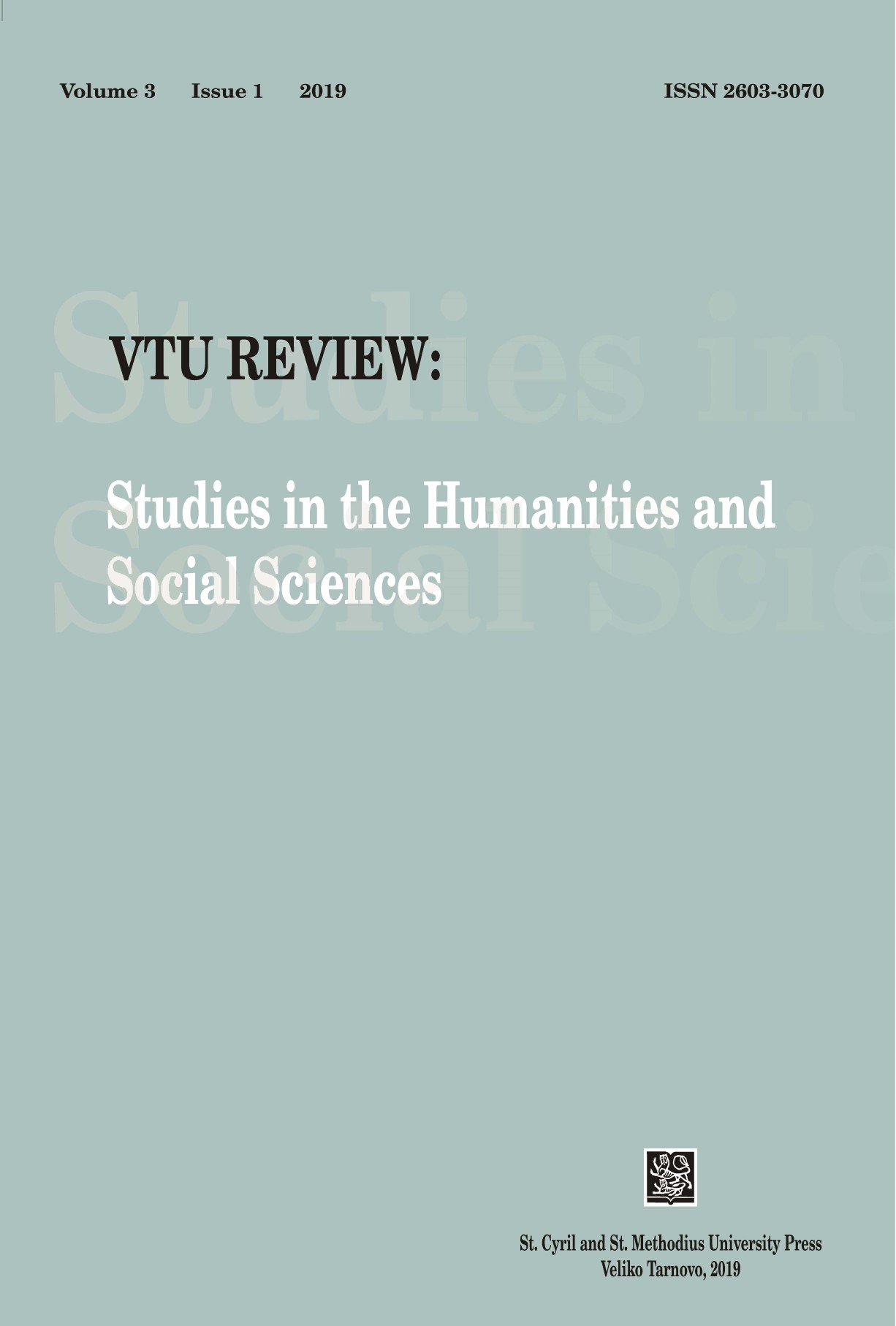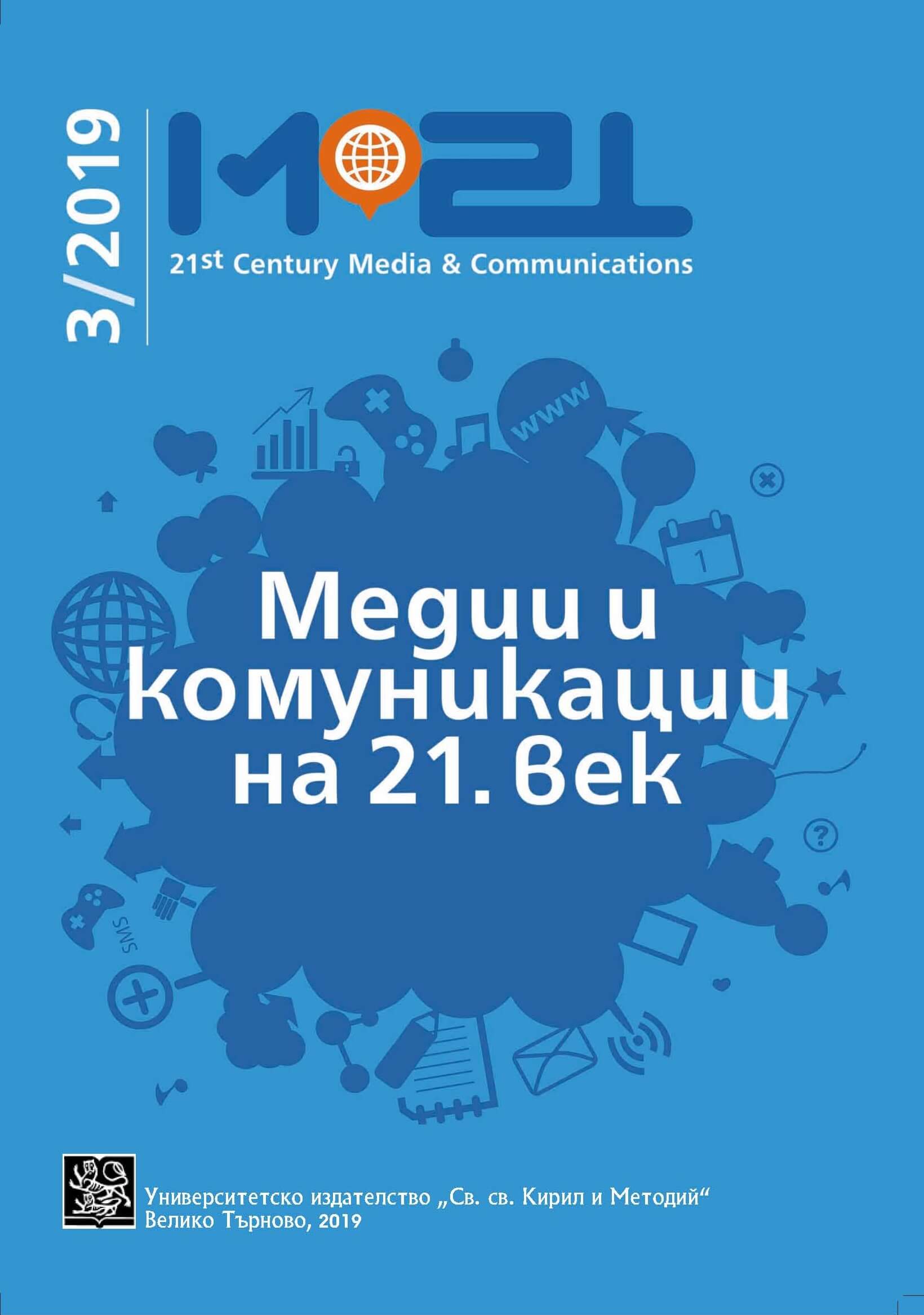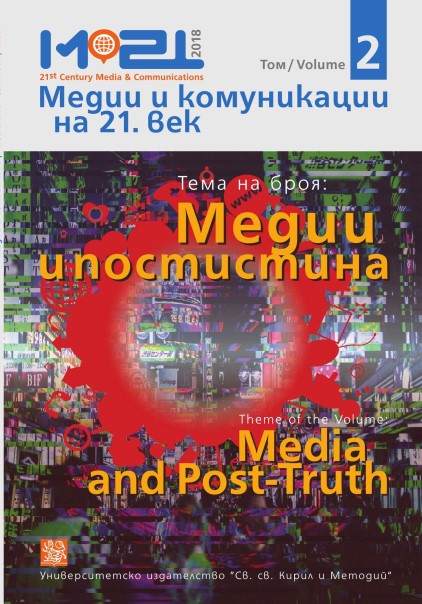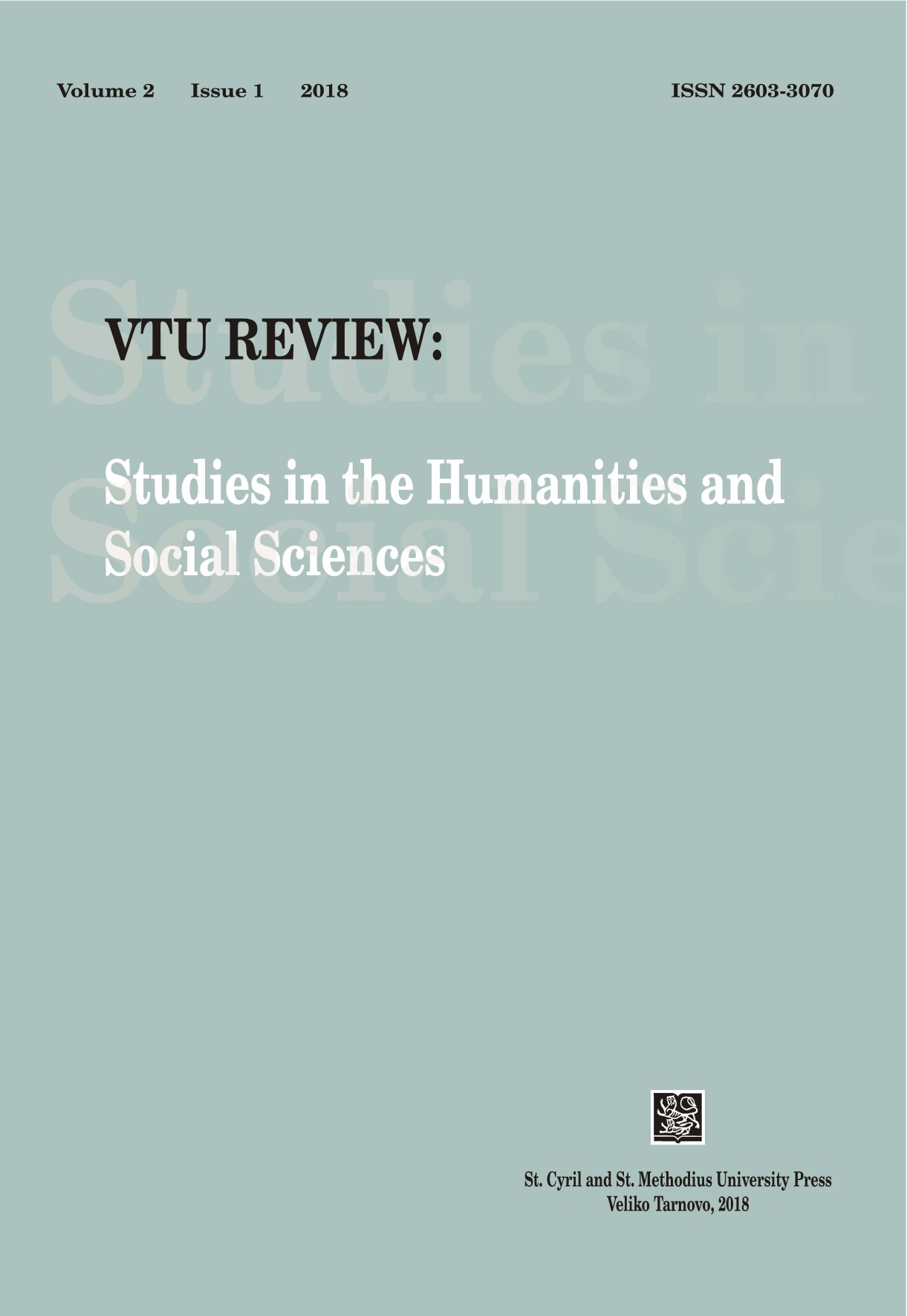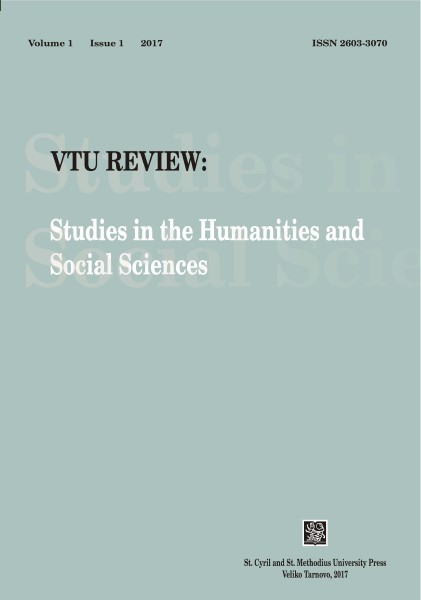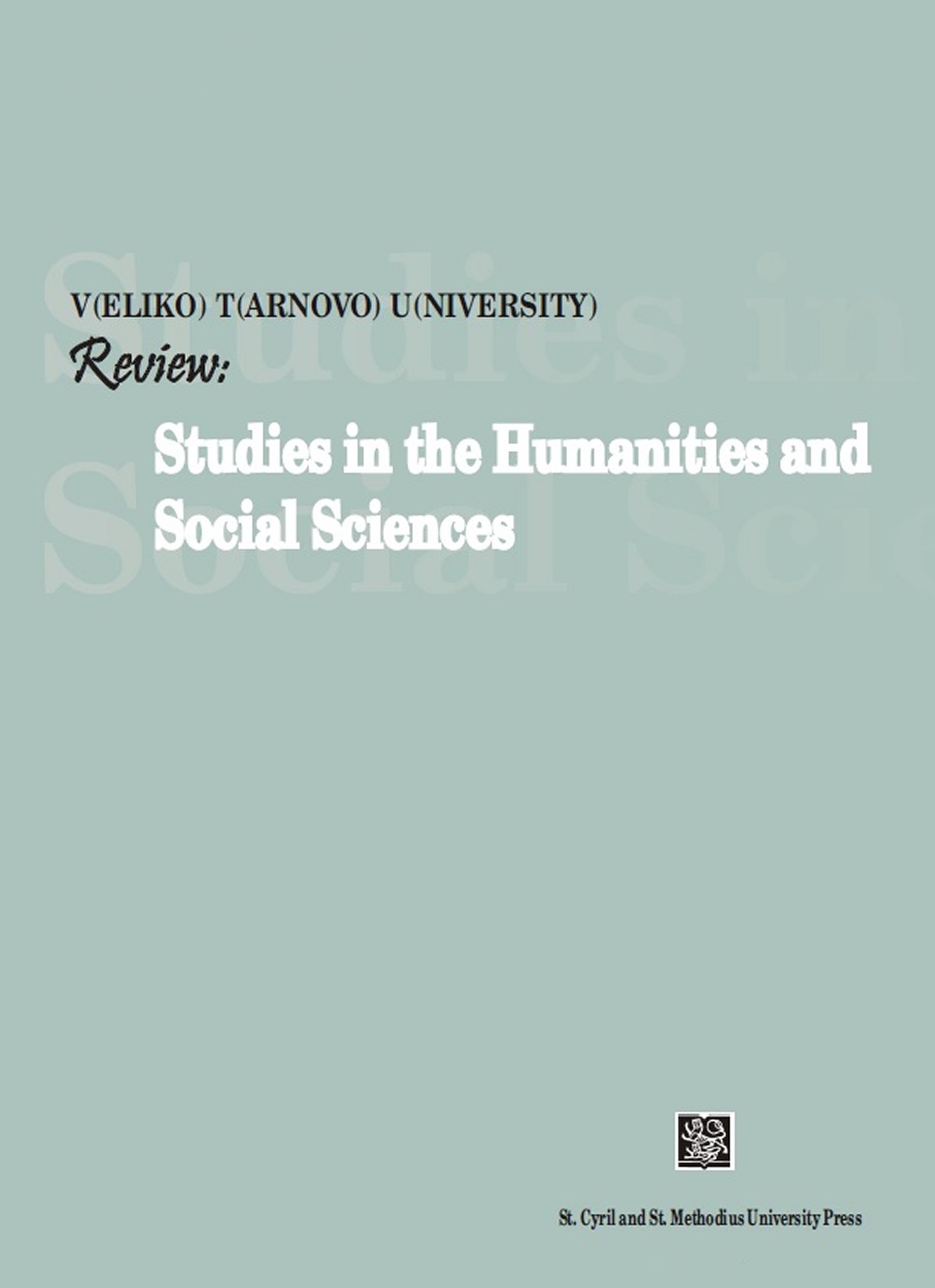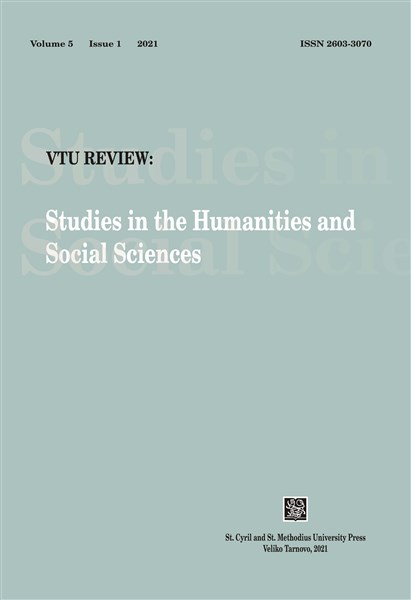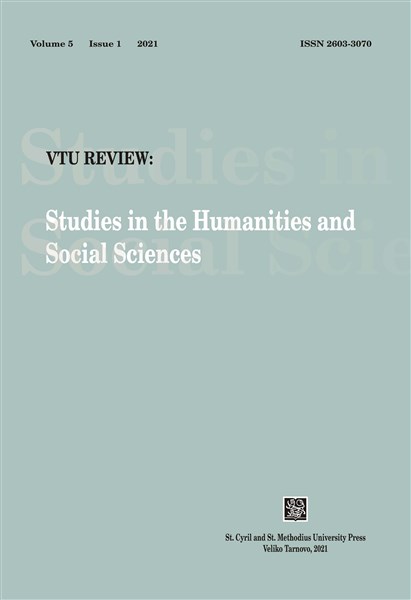Author(s): Ekaterini Douka-Kabitoglou / Language(s): English
Issue: 1/2020
“Tell all the Truth but tell it slant –,” a line of poetry by the nineteenth-century American poet Emily Dickinson can be used as a signpost for this article, which attempts a hermeneutic regress from the postmodern to the archaic, in search of a rhetoric for the aesthetic. In this textual tour, some of the master narratives of our culture examining various versions of the story of beauty and truth are visited, and more specifically (always in backward motion), the work of the postmodern theorists Paul de Man and Jacques Derrida, the German philosophers Hans-Georg Gadamer and Martin Heidegger, the English Romantic poet John Keats, the Greek philosophers Plato and Parmenides, and, last but not least, the Greek poet Sappho. Paul de Man, the “sad” patriarch of postmodernism, who engaged deeply with the cardinal problem of the truth of poetry and its relation to reality, contests that all language is figurative and rhetorical, and hence unable to represent the real. De Man demystifies aesthetics exploding a whole tradition of aesthetic theory based on the ontology of language, that is, the relation between “word” and “thing.” Along the same lines, the deconstructive critique of Jacques Derrida supports that linguistic figurality contaminates not only literature but philosophy as well, playing mimetic games of seduction that limit reality to a textual frame. On the far side of deconstruction, the hermeneutic theory of Hans-Georg Gadamer and Martin Heidegger give figurality an overwhelming power by establishing a rhetoric of ontology and presence. Heidegger’s radical reformulation of truth as aletheia and its conjunction with beauty, not only reflects the romantic identification of “beauty is truth,” as best expressed by the poet John Keats, but also points back to Plato who “aporetically” devoted a lifetime to a search for the beautiful and the true, coming up with multiple and contradictory views. As we move into archaic times, the whispering voice of Parmenides unexpectedly recommends the rhetoric of persuasion as the way to truth, while Sappho, celebrating presence and union, employs an erotic rhetoric that names not only human, but natural and divine encounters of beauty and truth.
More...
